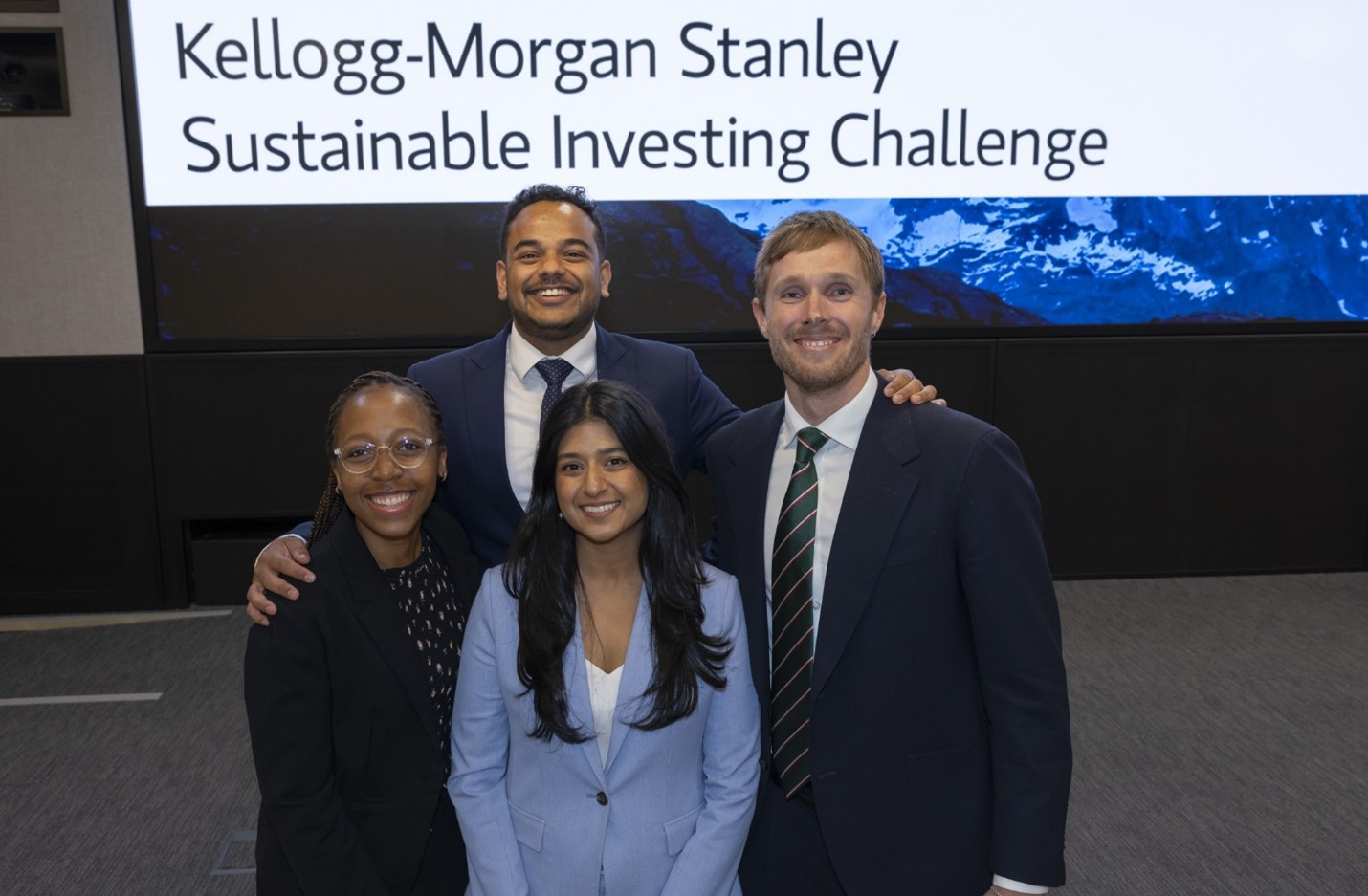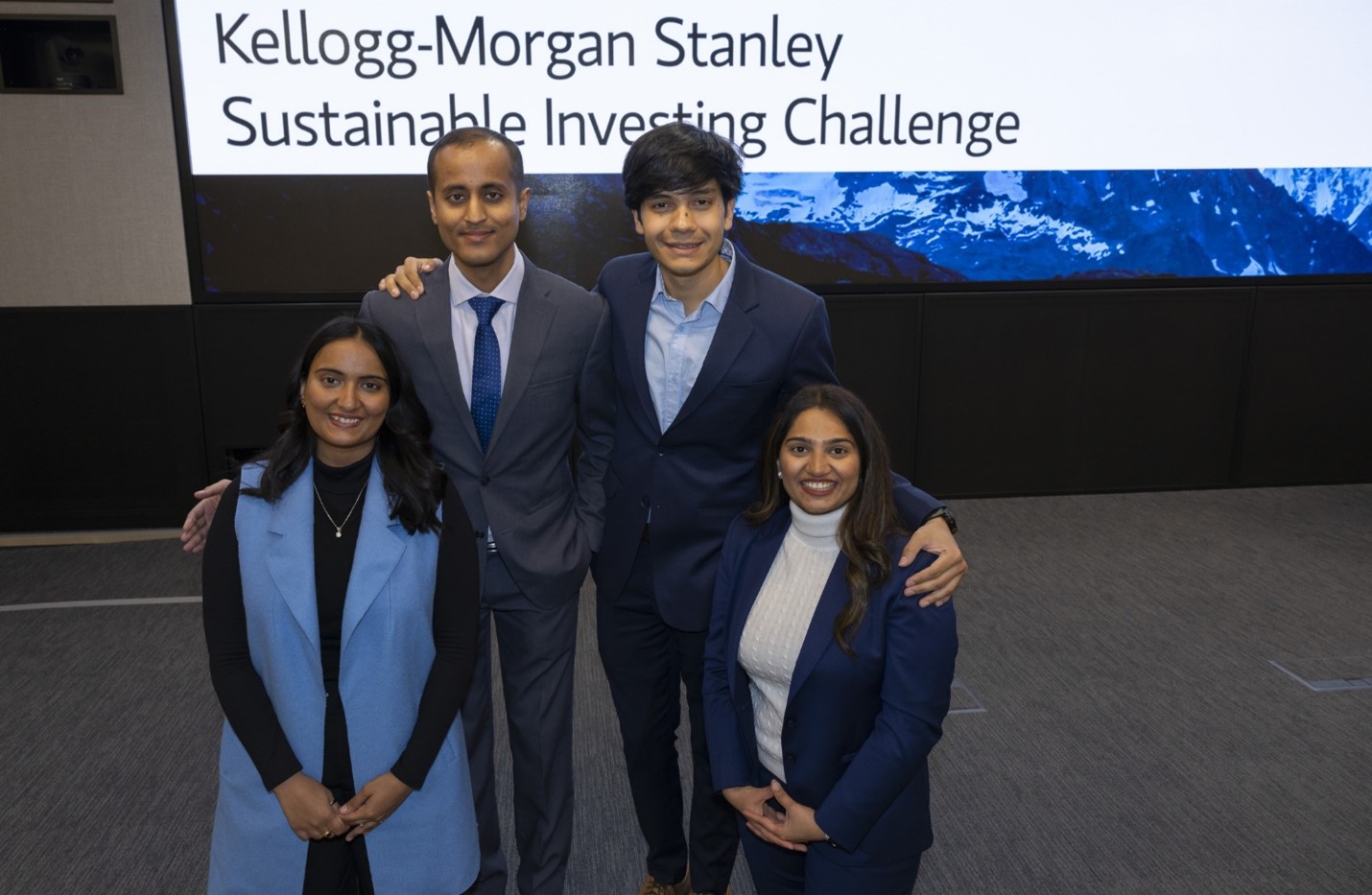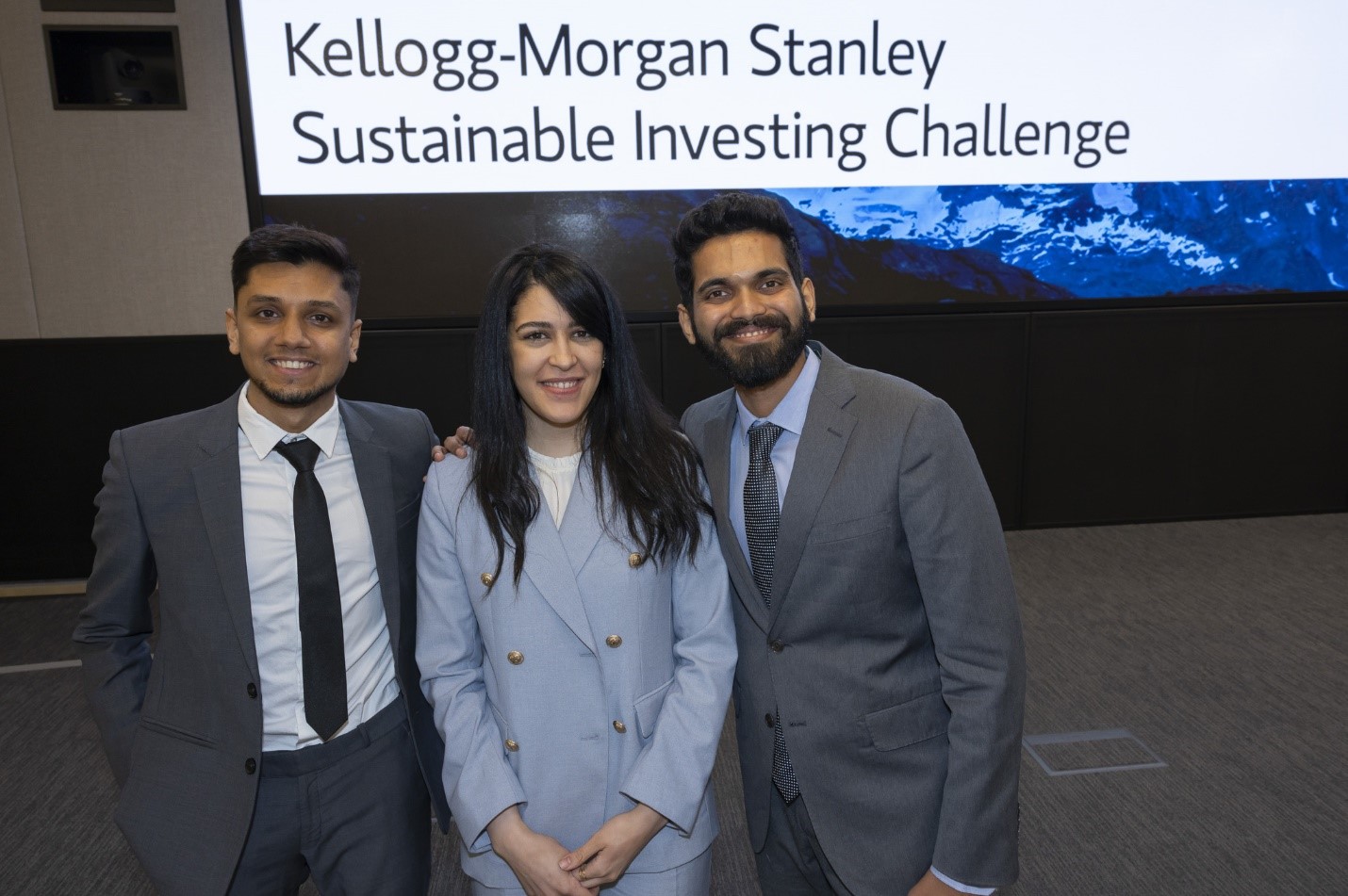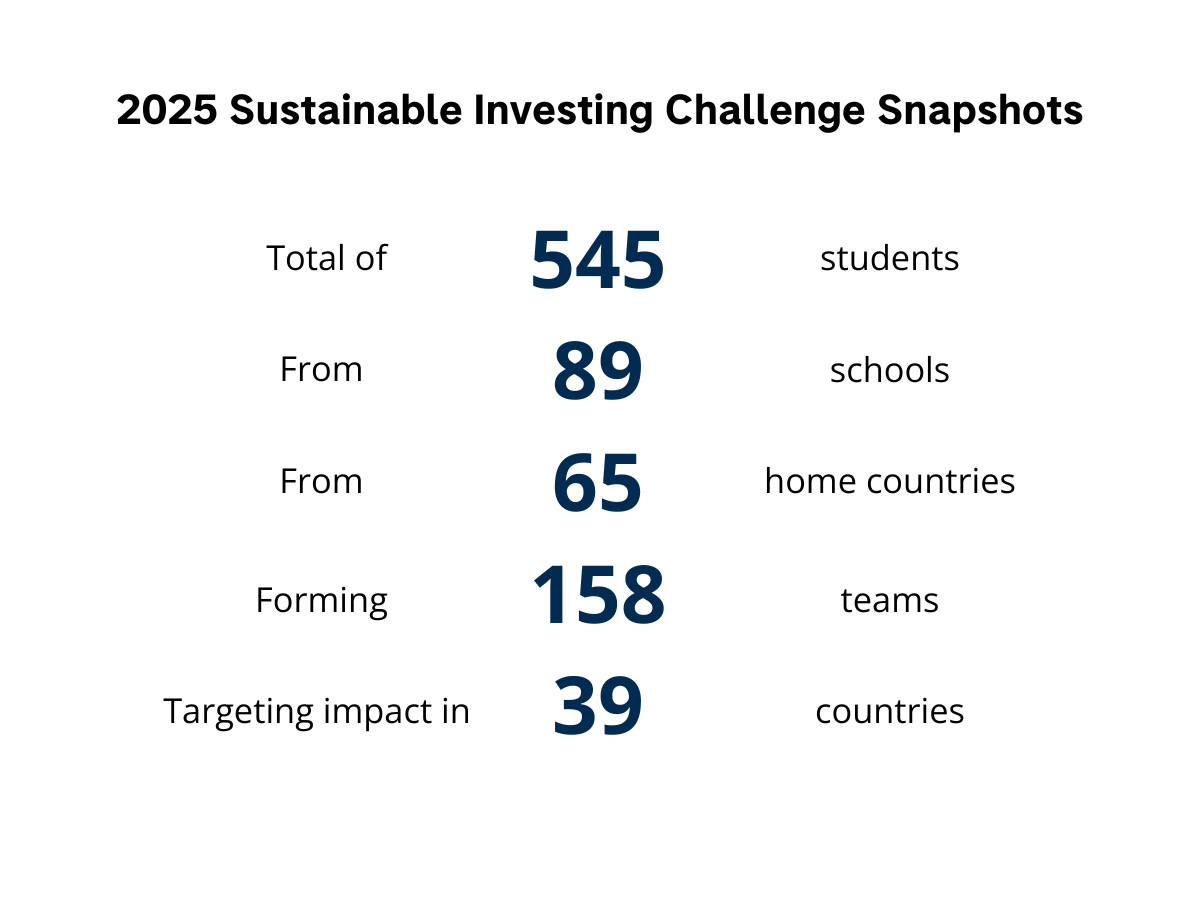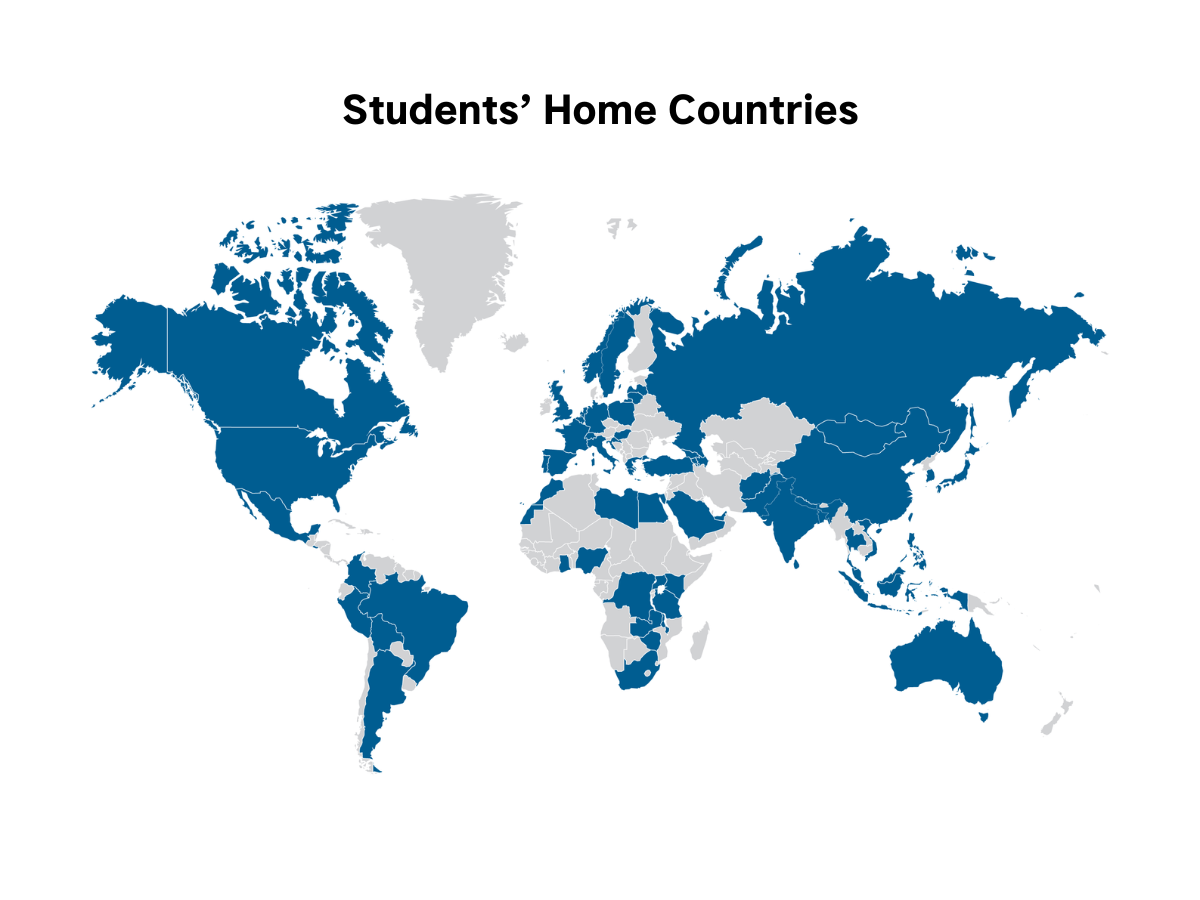This material was published in April 2025 and has been prepared for informational purposes only and is not a solicitation of any offer to buy or sell any security or other financial instrument or to participate in any trading strategy. This material was not prepared by the Morgan Stanley Research Department and is not a Research Report as defined under FINRA regulations. This material does not provide individually tailored investment advice. It has been prepared without regard to the individual financial circumstances and objectives of persons who receive it.
Morgan Stanley Smith Barney LLC and Morgan Stanley & Co. LLC (collectively, “Morgan Stanley”), Members SIPC, recommend that recipients should determine, in consultation with their own investment, legal, tax, regulatory and accounting advisors, the economic risks and merits, as well as the legal, tax, regulatory and accounting characteristics and consequences, of the transaction or strategy referenced in any materials. The appropriateness of a particular investment or strategy will depend on an investor’s individual circumstances and objectives. Morgan Stanley, its affiliates, employees and Morgan Stanley Financial Advisors do not provide tax, accounting or legal advice. Individuals should consult their tax advisor for matters involving taxation and tax planning, and their attorney for matters involving legal matters.
Past performance is not a guarantee or indicative of future performance. Historical data shown represents past performance and does not guarantee comparable future results. Certain statements herein may be “forward-looking statements” within the meaning of the safe harbor provisions of the Private Securities Litigation Reform Act of 1995. These statements are not historical facts or statements of current conditions, but instead are based on management’s current expectations and are subject to uncertainty and changes in circumstances. These statements are not guarantees of future results or occurrences and involve certain known and unknown risks, uncertainties and assumptions that are difficult to predict and are often beyond our control. In addition, this report contains statements based on hypothetical scenarios and assumptions, which may not occur or differ significantly from actual events, and these statements should not necessarily be viewed as being representative of current or actual risk or forecasts of expected risk. Actual results and financial conditions may differ materially from those included in these statements due to a variety of factors. Any forward-looking statements made by or on behalf of Morgan Stanley speak only as to the date they are made, and Morgan Stanley does not undertake to update forward-looking statements to reflect the impact of circumstances or events that arise after the date the forward-looking statements were made. Because of their narrow focus, sector investments tend to be more volatile than investments that diversify across many sectors and companies.
Certain portfolios may include investment holdings deemed Environmental, Social and Governance (“ESG”) investments. For reference, environmental (“E”) factors can include, but are not limited to, climate change, pollution, waste, and how an issuer protects and/ or conserves natural resources. Social (“S”) factors can include, but not are not limited to, how an issuer manages its relationships with individuals, such as its employees, shareholders, and customers as well as its community. Governance (“G”) factors can include, but are not limited to, how an issuer operates, such as its leadership composition, pay and incentive structures, internal controls, and the rights of equity and debt holders. You should carefully review an investment product’s prospectus or other offering documents, disclosures and/or marketing material to learn more about how it incorporates ESG factors into its investment strategy.
ESG investments may also be referred to as sustainable investments, impact aware investments, socially responsible investments or diversity, equity, and inclusion (“DEI”) investments. It is important to understand there are inconsistent ESG definitions and criteria within the industry, as well as multiple ESG ratings providers that provide ESG ratings of the same subject companies and/or securities that vary among the providers. This is due to a current lack of consistent global reporting and auditing standards as well as differences in definitions, methodologies, processes, data sources and subjectivity among ESG rating providers when determining a rating. Certain issuers of investments including, but not limited to, separately managed accounts (SMAs), mutual funds and exchange traded-funds (ETFs) may have differing and inconsistent views concerning ESG criteria where the ESG claims made in offering documents or other literature may overstate ESG impact. Further, socially responsible norms vary by region, and an issuer’s ESG practices or Morgan Stanley’s assessment of an issuer’s ESG practices can change over time.
Portfolios that include investment holdings deemed ESG investments or that employ ESG screening criteria as part of an overall strategy may experience performance that is lower or higher than a portfolio not employing such practices. Portfolios with ESG restrictions and strategies as well as ESG investments may not be able to take advantage of the same opportunities or market trends as portfolios where ESG criteria is not applied. There is no assurance that an ESG investing strategy or techniques employed will be successful. Past performance is not a guarantee or a dependable measure of future results. For risks related to a specific fund, please refer to the fund’s prospectus or summary prospectus.
Investment managers can have different approaches to ESG and can offer strategies that differ from the strategies offered by other investment managers with respect to the same theme or topic. Additionally, when evaluating investments, an investment manager is dependent upon information and data that may be incomplete, inaccurate or unavailable, which could cause the
manager to incorrectly assess an investment’s ESG characteristics or performance. Such data or information may be obtained through voluntary or third-party reporting. Morgan Stanley does not verify that such information and data is accurate and makes no representation or warranty as to its accuracy, timeliness, or completeness when evaluating an issuer. This can cause Morgan Stanley to incorrectly assess an issuer’s business practices with respect to its ESG practices. As a result, it is difficult to compare ESG investment products.
The appropriateness of a particular ESG investment or strategy will depend on an investor’s individual circumstances and objectives. Principal value and return of an investment will fluctuate with changes in market conditions.
This material may provide the addresses of, or contain hyperlinks to, websites. Except to the extent to which the material refers to website material of Morgan Stanley Wealth Management, the firm has not reviewed the linked site. Equally, except to the extent to which the material refers to website material of Morgan Stanley Wealth Management, the firm takes no responsibility for, and makes no representations or warranties whatsoever as to, the data and information contained therein. Such address or hyperlink (including addresses or hyperlinks to website material of Morgan Stanley Wealth Management) is provided solely for your convenience and information and the content of the linked site does not in any way form part of this document. Accessing such website or following such link through the material or the website of the firm shall be at your own risk and we shall have no liability arising out of, or in connection with, any such referenced website. Morgan Stanley Wealth Management is a business of Morgan Stanley Smith Barney LLC.
© 2025 Morgan Stanley & Co. LLC and Morgan Stanley Smith Barney LLC. Members SIPC. All rights reserved.
CRC 4323549 04/2025


